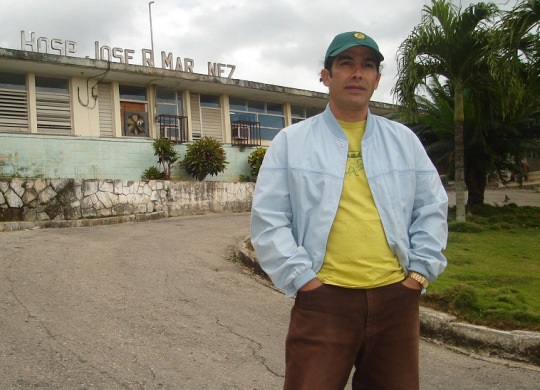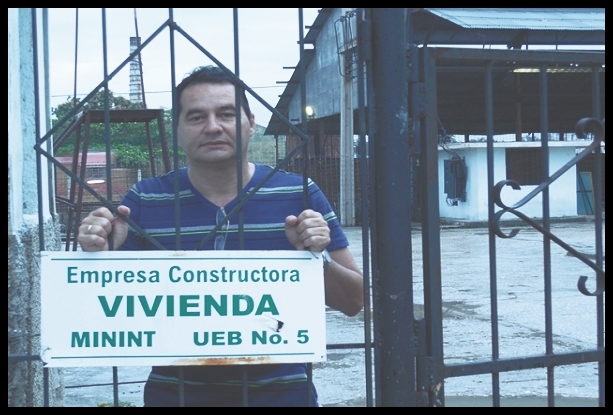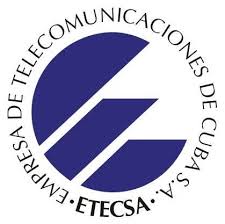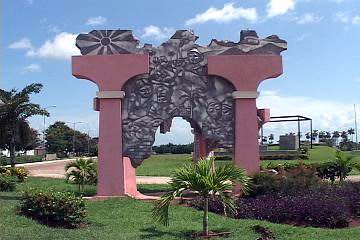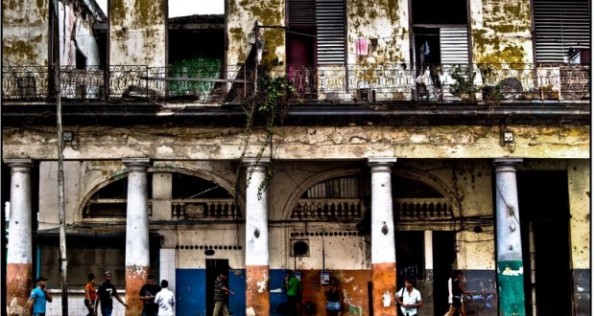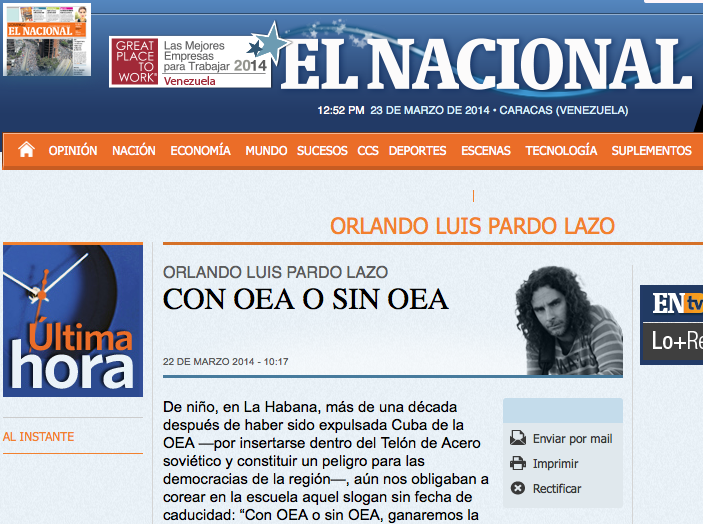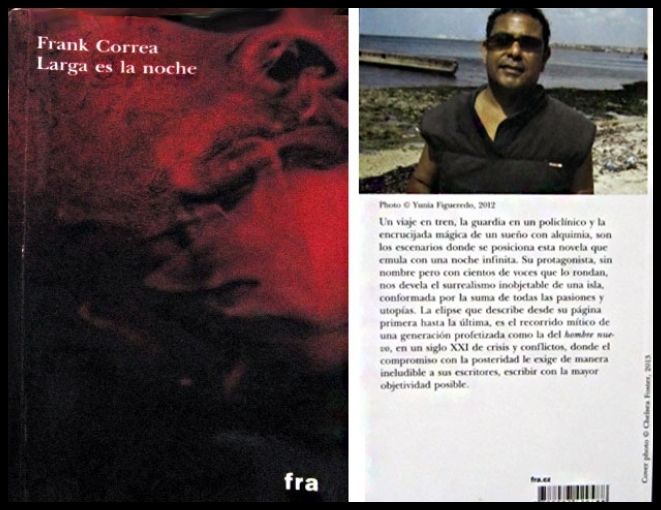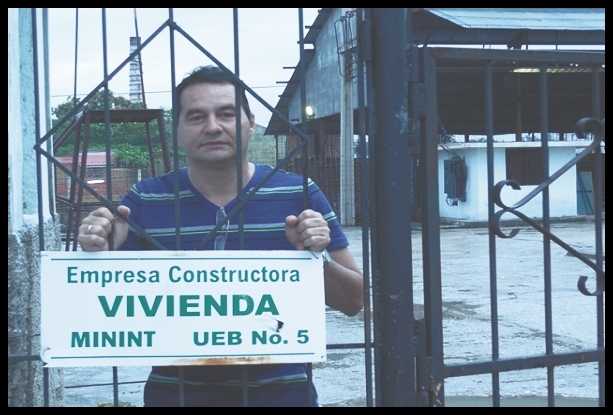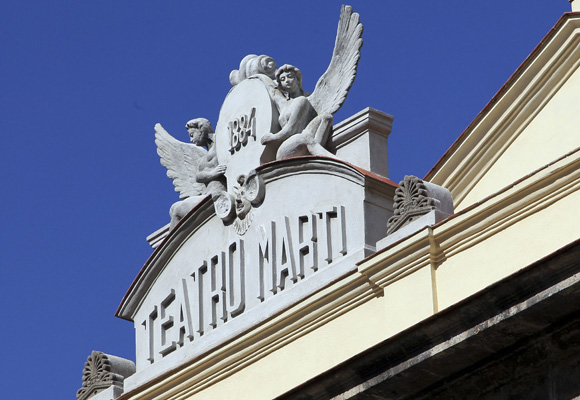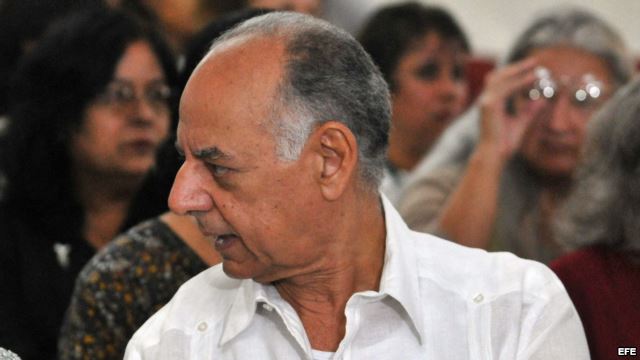
HAVANA, Cuba. – Some “fighters” have done as Fernando, who when he decided to retire, began to think about how to increase his pension without courting trouble, because he was tired of “resolving” to feed his family. One day, on passing through the farmer’s market at Diez de Octubre and General Lee, he saw that they were selling newly hatched chicks, and he bought 20 in order to begin his brood. He had found his little business. He knew that the government sells the unrationed feed for three pesos a pound. Also, rearing poultry was nothing new for him because in his childhood in Palmira, Cienfuegos, his parents kept hens in the backyard, and he and his siblings would sell the eggs in the city.
Fernando thought that this way he would have guaranteed eggs for his own consumption and even would be able to sell some in the street. He was sure he would have no problems with the police because he had bought the animals as well as the food from the State.
But, the poor man, he forgot that he was in Cuba: A few days ago he was walking the streets selling eggs when a police officer intercepted him. As much as the poor gentleman tried to explain that he was not a reseller, the officer took him to the station where they confiscated the merchandise and imposed a fine. They told him that individuals are prohibited from selling eggs, that only the State can do it.
Fernando already has forty hens and a production of 30 eggs daily. And after that day, he only sells hidden in his home.
Eight eggs per month per person in 1965. Now the quota fell to five.
On January 2, 1965, in one of his long speeches, Fidel Castro said: “The great battle of the eggs has been won. From now on the people will be able to count on 60 million eggs each month.” With this affirmation he demonstrated his scorn for Cubans because given the then-population, that quantity in reality represented around eight eggs a month per person.
That same year, he would create the Animal Science Institute (ICA) whose main objective must have been the search for better alternatives for feeding cattle and poultry, an objective that the Institute still has not achieved 49 years after its creation.
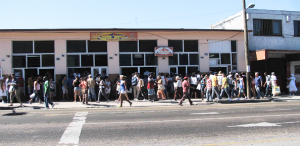
In reality, in Cuba before 1959, more than 85% of the farms were dedicated to raising poultry and selling eggs. It was also a rare country family that did not have a small brood whose eggs constituted a product for quick sale. Also, in Havana, at Villas and Oriente, there were big poultry production centers so the sale of live animals and eggs was no problem for the population. It is after the arrival of the revolutionary government, with the intervention in farms dedicated to poultry, that the scarcity of this food begins.
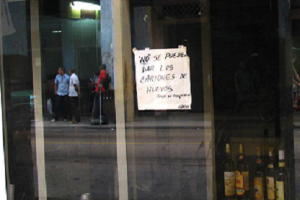
Also, with the objective of increasing the poultry production, the Institute of Poultry Investigations was created in 1976. By the way, according to reports it published, in Cuba there are 10 million egg layers, although we all ask ourselves where are the eggs. The government sells by ration book five eggs a month per person, so the five additional that cost 90 cents were excluded from regulated sale. After that point, eggs have practically disappeared, and when they are sold unrationed their price is 1.10 pesos national currency.
The scarcity of this protein causes long lines, in great demand among the population not only because of its nutritional value but because it is the cheapest sold in the country. And the old people are the most affected. In the opinion of many, it would be preferable to raise the price 20 cents instead of eliminating them from the ration book.
Cubanet, 24 March 2014, Gladys Linares
Translated by mlk

